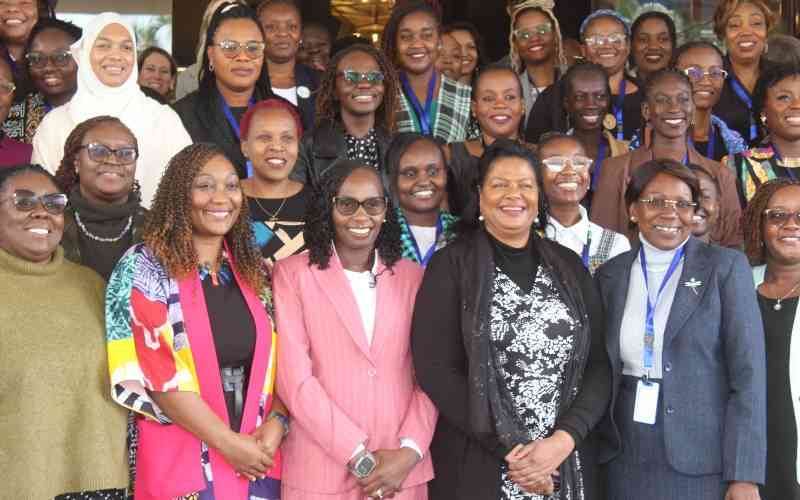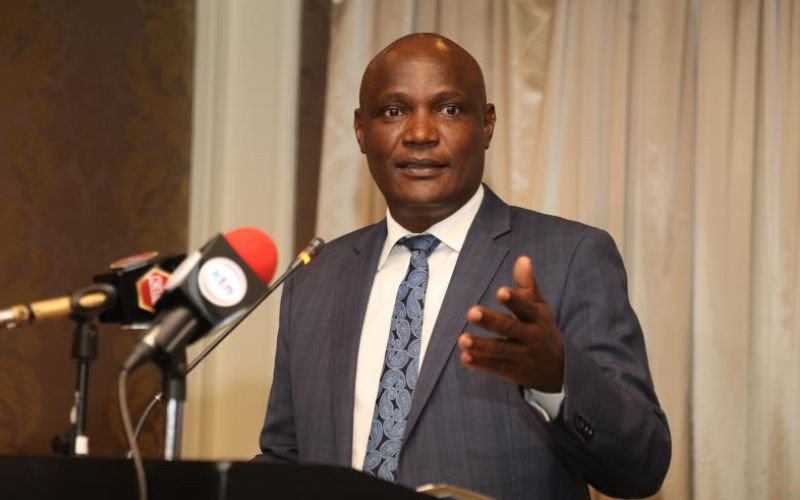
Faith Odhiambo, president of the Law Society of Kenya, called the Computer Misuse and Cybercrimes Act unsafe, likening it to a sword used to harm and abduct Kenyans. She referenced the case of Albert Ojwang, a teacher and blogger who died in police custody.
"The cyber security law was challenged by the Law Society of Kenya (LSK) and others, but that case is now pending in the Court of Appeal," she said. "Now that Albert is dead, are we going to wait for another Albert to die before we act on this law?"
She made this remark during the three-day Intergenerational Dialogue on Women in Leadership in Law, organised by the African Women’s Development and Communication Network (FEMMNET) in Nairobi.
The 2018 law aimed to establish a legal framework to counter rising cyber threats but faced legal opposition from the Bloggers Association of Kenya (BAKE) over certain sections, leading to 26 sections being suspended until the case is resolved. Two years later, Justice Makau ruled the law constitutional in its entirety.
Faith also criticised women leaders who make disrespectful comments about electoral laws, calling them embarrassing and urging them to be held accountable.
"When women lawmakers mock the constitution and electoral laws while laughing, it’s concerning," she said. She also noted that some women in high positions sexually objectify themselves, despite their potential to lead and influence in a country facing increasing sexual and gender-based violence, GBV, and Femicide.
"While many have fought to ensure women occupy these roles, some are failing to fulfil their responsibilities," she added.
Concerning Kenya’s legal progress, Chief Justice Martha Koome, represented by Supreme Court Judge Njoki Ndung'u, stated that at independence, women in the legal field were rare, and the idea of women judges was nearly impossible.
"The 2010 Constitution marked a turning point, emphasising equality and inclusion. Since then, women’s representation has grown significantly—42 per cent of judges in superior courts, 78 per cent of Registrars, and 58 per cent of Magistrates," she explained.
She emphasised that women in legal leadership promote justice that is both inclusive and empathetic, offering viewpoints shaped by their experiences and challenging norms when necessary.
She highlighted key laws supported by women, such as the Sexual Offences Act of 2006 led by Hon. Justice Njoki Ndung’u, which strengthened protections against sexual violence; the Victim Protection Act of 2014 championed by Hon. Milly Odhiambo, providing legal safeguards for victims; and the Matrimonial Property Act of 2013, driven by activism from groups like FIDA-K, to improve women’s property rights.






